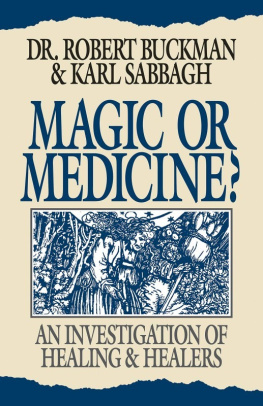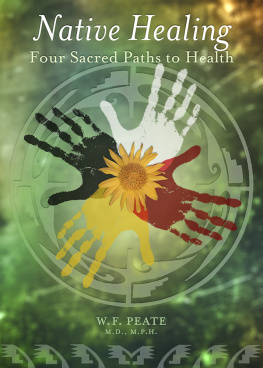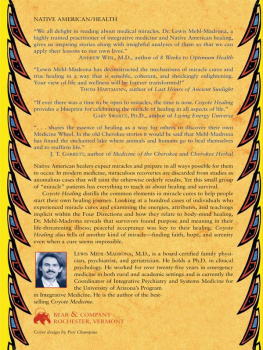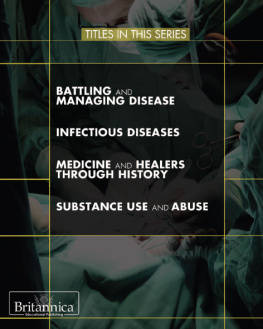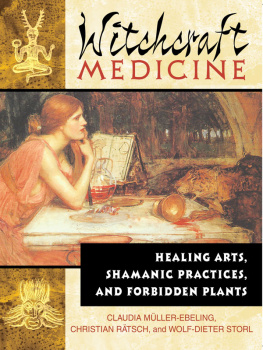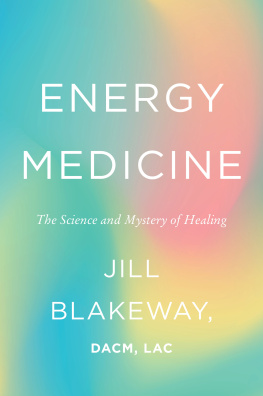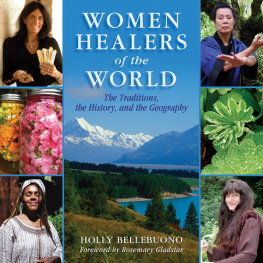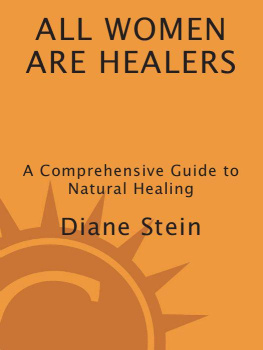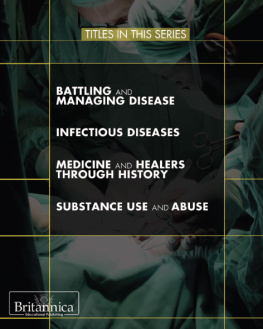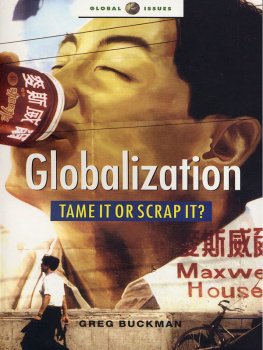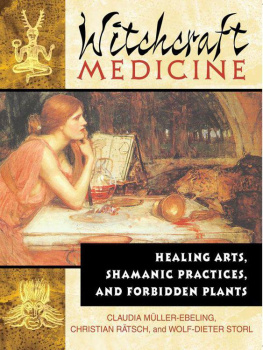Rob Buckman - Magic or Medicine?: An Investigation of Healing & Healers
Here you can read online Rob Buckman - Magic or Medicine?: An Investigation of Healing & Healers full text of the book (entire story) in english for free. Download pdf and epub, get meaning, cover and reviews about this ebook. year: 1995, publisher: Prometheus Books, genre: Romance novel. Description of the work, (preface) as well as reviews are available. Best literature library LitArk.com created for fans of good reading and offers a wide selection of genres:
Romance novel
Science fiction
Adventure
Detective
Science
History
Home and family
Prose
Art
Politics
Computer
Non-fiction
Religion
Business
Children
Humor
Choose a favorite category and find really read worthwhile books. Enjoy immersion in the world of imagination, feel the emotions of the characters or learn something new for yourself, make an fascinating discovery.
- Book:Magic or Medicine?: An Investigation of Healing & Healers
- Author:
- Publisher:Prometheus Books
- Genre:
- Year:1995
- Rating:4 / 5
- Favourites:Add to favourites
- Your mark:
- 80
- 1
- 2
- 3
- 4
- 5
Magic or Medicine?: An Investigation of Healing & Healers: summary, description and annotation
We offer to read an annotation, description, summary or preface (depends on what the author of the book "Magic or Medicine?: An Investigation of Healing & Healers" wrote himself). If you haven't found the necessary information about the book — write in the comments, we will try to find it.
Rob Buckman: author's other books
Who wrote Magic or Medicine?: An Investigation of Healing & Healers? Find out the surname, the name of the author of the book and a list of all author's works by series.
Magic or Medicine?: An Investigation of Healing & Healers — read online for free the complete book (whole text) full work
Below is the text of the book, divided by pages. System saving the place of the last page read, allows you to conveniently read the book "Magic or Medicine?: An Investigation of Healing & Healers" online for free, without having to search again every time where you left off. Put a bookmark, and you can go to the page where you finished reading at any time.
Font size:
Interval:
Bookmark:

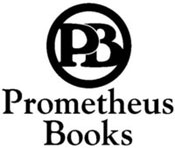
Published 1995 by Prometheus Books
Copyright 1995 by Robert Buckman and Karl Sabbagh.
Originally published: Toronto, Ont. : Key Porter Books, 1993 .
All rights reserved. No part of this publication may be reproduced, stored in a retrieval system, or transmitted in any form or by any means, electronic, mechanical, photocopying, recording, or otherwise, without prior written permission of the publisher, except in the case of brief quotations embodied in critical articles and reviews. Inquiries should be addressed to Prometheus Books , John Glenn Drive, Amherst, New York 14228 - 2197 , 716-691 - 0133 . fax : -- 0137 .
library of congress cataloging-in-publication data
Buckman, Robert.
Magic or medicine?: an investigation of healing and healers / Robert Buckman, Karl Sabbagh.
p. cm.
isbn 0-87975-948-8
Alternative medicine. Healing. PatientsPsychology. I. Sabbagh, Karl. II. Title.
r733.b955 1995 94-42853
dc 20 cip


I n the two and a half years that weve spent preparing this book and the television series that accompanies it, we have changed our views on a large number of issues. Its almost true to say that, like Blanche DuBois in A Streetcar Named Desire , weve always relied on the kindness of strangers, but in practice weve depended pretty heavily on friends as well. As a result of much intellectual pruning and preening with occasional mergers, U-turns or moments of plagiarism, we have modified a lot of the material that has finally made it into this book. Sometimes those modifications were minor, sometimes they were major revisions and occasionally we had simply to reject a previous belief or stance. Most of these changes emerged from constructiveand sometimes noisydiscussions with doctors, scientists, healers or (usually part-time) philosophers and thinkers. Some contributed new facts of which we were unaware, some helped us to defend, define or occasionally reject our own views when confronted with counter-arguments or contrary evidence. With no exceptions, we enjoyed those discussions and want to thank all the people who have donated time and mental energy to the issues at the centre of this book.
Although it is very difficult to single people out, there are some who have had profound and wide-ranging influences on the ways in which our ideas (and this book) have developed. We would particularly like to thank Dr. William Silverman for helping us understand the evolution (and limitations) of the clinical trial, Dr. Marshall Marinker for a provocative view of the way people feel ill and become patients, Dr. Bruce Pomerantz for a wonderfully illuminating discussion on the evolution and acceptance of non-Western technologies, particularly acupuncture, Ursula Wilson of Chinle, New Mexico, for a perceptive and detailed analysis of the similarities and differences between Navajo and Western-style medicine and Drs. David Spiegel and Barrie Cassileth for thoughtful and careful discussions on the interactions between mind and disease.
The television series, Magic or Medicine?, was a co-production of Primedia Productions, Skyscraper Productions, and Cine-Media Productions, and received financial assistance from Miles Laboratories.

To know more about the nature of illness, about our own motives and expectations and about what it is that doctors and healers offer and achieve can only help us to make informed decisions about our own health problems.
A round the world in every culture and in every era of every culture, people who feel ill have gone to get help from other people who they hope will make them feel better. The act of seeking help is a form of behaviour that goes back to the earliest origins of human society, and over the millennia the help that has been offered has been variedfrom incantations to herbs to heart transplants. Recently, however, there has been a major change in the way patients in most Western societies seek help with their health problems.
At a time when conventional medicine continues to chalk up successes in understanding and treating a whole range of diseases, there is a constant undertone of public dissatisfaction with mainstream doctors. News stories about poor or negligent doctoring appear daily in all media, and patients are now consulting practitioners of complementary or alternative medicine in unprecedented numbers.
This is neither a good thing nor a bad thing, but it is an important change and it deserves analysis. That is what this book is about. It looks at the reasons for this large shift in public allegiance away from conventional medicine and towards complementary medicine, and at what that shift is telling us about the needs of the sick person and in particular what he or she hopes for and expects from the doctor or healer. Patients feel very stronglypleased, disappointed or angryabout the treatment they receive, and those reactions depend directly on what the patient has been led to believe, hope for, expect or fear from the illness and from the person who offers help.
This book will try to avoid taking sides. It will look critically at the achievements and the deficiencies of both conventional medicine and alternative medicine and, in analyzing the strengths of both, will draw important conclusions about the relationship between someone who is ill and the person to whom he or she goes to feel better. That relationship is at the heart of all medicine, whether it is conventional or complementary, and for that reason it is the central theme of this book.
Many people may find it difficult to think freely about the major issues in this investigation. Most of us have strongly held beliefs about the experience of illness, the nature of medicine and the validity or effectiveness of the different types of treatment. Perhaps those feelings are so strong because for each of us, our bodies are the most familiar, and the most important, parts of the universe and when they go wrong, the preoccupation with feelings, sensations and outcome can be all-consuming. Personal experiences that centre on sickness, disease and illnessthree terms we will explore latertherefore leave a lasting impression and generate strong opinions. Furthermore, we all know that one day we might be ill and need some helpand that also concentrates the mind wonderfully.
To know more about the nature of illness, about our own motives and expectations and about what it is that doctors and healers offer and achieve can only help us to make informed decisions about our own health problems. In that way we will stand a better chance of seeking the right sort of person for the right sort of help when we need it.
Some of the material that we discuss and examine may make some readers feel uncomfortable. Partly this is because some of what we are discussing here challenges traditions concerning health, beliefs about diseases, methods of treatment and faith in those treatments have existed in many cultures, including our own. Many of those traditions have survived because they bring comfort, even though they are not based on facts or truth. So we realize that, in undertaking this investigation, at various points we may be undermining traditional assumptions and this may prove unsettling. Even though that may happen, we feel the very process of looking at traditional assumptions has some value in itself, and when the dust settles it may allow all of us to see health issues and medical care more clearly than before.
Font size:
Interval:
Bookmark:
Similar books «Magic or Medicine?: An Investigation of Healing & Healers»
Look at similar books to Magic or Medicine?: An Investigation of Healing & Healers. We have selected literature similar in name and meaning in the hope of providing readers with more options to find new, interesting, not yet read works.
Discussion, reviews of the book Magic or Medicine?: An Investigation of Healing & Healers and just readers' own opinions. Leave your comments, write what you think about the work, its meaning or the main characters. Specify what exactly you liked and what you didn't like, and why you think so.

